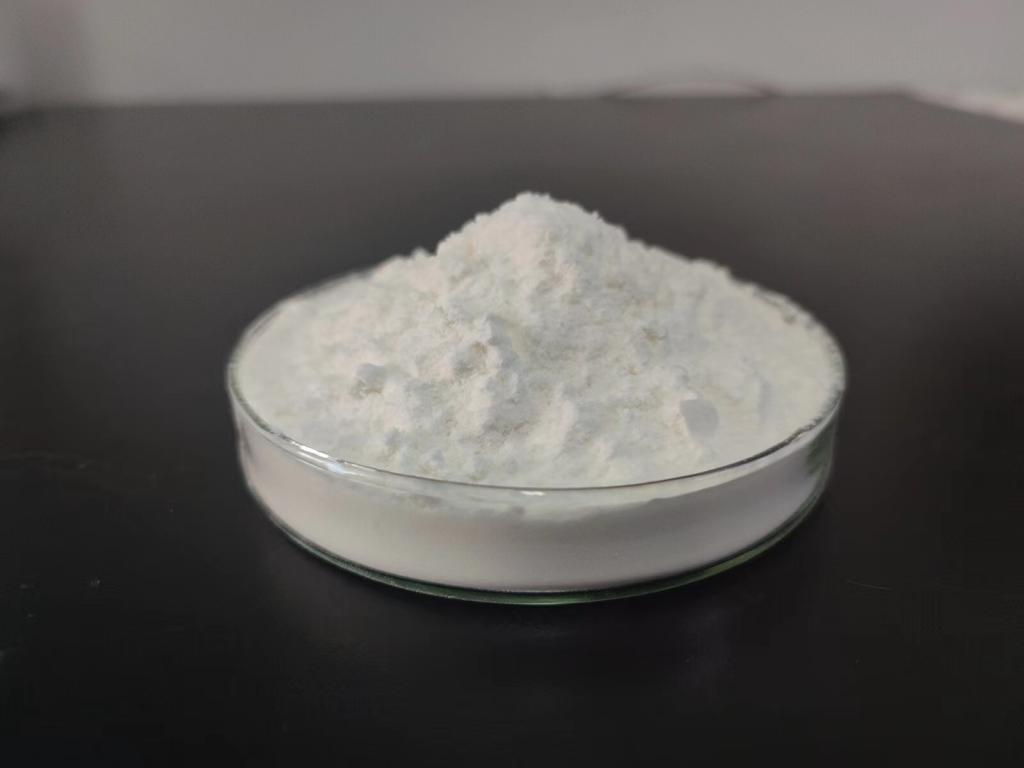Tel:0086 18231198596

News
Harnessing the ε-Polylysine Hydrochloride for Precision Control of Microbial Growth in Soil
TIME:2024-03-08
Introduction:
The agricultural sector is increasingly recognizing the importance of precision control in managing soil microbial growth. This article introduces the concept of precision agriculture and explores the potential of ε-polylysine hydrochloride in providing a targeted and environmentally friendly approach to control microbial populations in soil.
Understanding ε-Polylysine Hydrochloride:
Before exploring its applications, this section provides an in-depth understanding of ε-polylysine hydrochloride, elucidating its properties, natural origin, and mechanisms of action. A comprehensive understanding of this natural antimicrobial peptide is essential to grasp its potential impact on precision control of microbial growth in soil.
Soil Microbial Dynamics and Agriculture:
Understanding the dynamics of soil microbial communities is crucial for sustainable agriculture. This section discusses the roles of microorganisms in soil, their impact on crop health, and the challenges associated with maintaining a balanced microbial environment for optimal plant growth.
The Need for Precision Control:
Conventional agricultural practices often involve broad-spectrum treatments that may disrupt beneficial soil microbes along with harmful ones. This section highlights the need for precision control strategies that selectively target harmful microorganisms while preserving the beneficial ones, fostering a balanced and sustainable soil ecosystem.
Antimicrobial Properties of ε-Polylysine Hydrochloride:
One of the key strengths of ε-polylysine hydrochloride lies in its antimicrobial properties. This section explores how these properties can be harnessed for precision control of microbial growth in soil, inhibiting the proliferation of harmful pathogens while minimizing the impact on beneficial soil microorganisms.
Application Methods in Precision Agriculture:
This section discusses various application methods for incorporating ε-polylysine hydrochloride into precision agriculture practices. From soil amendments to seed coatings, the versatility of application methods allows for targeted and localized control of microbial growth, optimizing its effectiveness.
Impact on Plant Health and Yield:
Precision control of microbial growth using ε-polylysine hydrochloride can have a direct impact on plant health and yield. This section examines how the targeted inhibition of harmful pathogens can enhance plant resilience, improve nutrient uptake, and ultimately contribute to increased crop yields.
Environmental Considerations:
As agriculture seeks sustainable solutions, the environmental impact of control agents is a critical consideration. This section explores the eco-friendly nature of ε-polylysine hydrochloride, addressing its biodegradability and minimal impact on non-target organisms, making it an environmentally responsible choice for precision control in agriculture.
Potential Challenges and Solutions:
While ε-polylysine hydrochloride holds great promise, challenges such as stability, cost, and regulatory approval need to be addressed. This section discusses ongoing research and potential solutions, emphasizing the need for collaboration between researchers, industry stakeholders, and regulatory bodies to optimize its use in precision agriculture.
Case Studies and Success Stories:
Real-world case studies provide insights into the successful application of ε-polylysine hydrochloride in precision agriculture. Examining instances where this natural antimicrobial peptide has contributed to improved soil health and crop yields offers practical examples of its effectiveness.
Future Directions and Innovations:
As precision agriculture evolves, this section explores potential future directions and innovations in the use of ε-polylysine hydrochloride. From advanced delivery systems to tailored formulations for specific crops or soil types, the continuous development of ε-polylysine hydrochloride promises to refine and expand its impact on precision control of microbial growth in soil.
Integration with Other Precision Agriculture Technologies:
Precision agriculture often involves a combination of technologies to optimize farming practices. This section discusses how ε-polylysine hydrochloride can be integrated with other precision agriculture technologies, such as sensor-based monitoring and automated application systems, to enhance overall efficiency and sustainability.
Global Implications and Adoption:
The global implications of precision control using ε-polylysine hydrochloride extend beyond individual farms. This section explores the potential for widespread adoption of this innovative approach, considering its impact on global food security, sustainable farming practices, and the overall health of agricultural ecosystems.
Conclusion:
In conclusion, ε-polylysine hydrochloride represents a transformative solution for precision control of microbial growth in soil. From its natural origin to its targeted antimicrobial properties, this article provides a comprehensive overview of how ε-polylysine hydrochloride can revolutionize precision agriculture. As the agricultural sector strives for sustainability, the integration of ε-polylysine hydrochloride into precision control strategies offers a promising pathway towards balanced and eco-friendly soil ecosystems, contributing to the advancement of global agriculture.

 CONTACT
CONTACT




